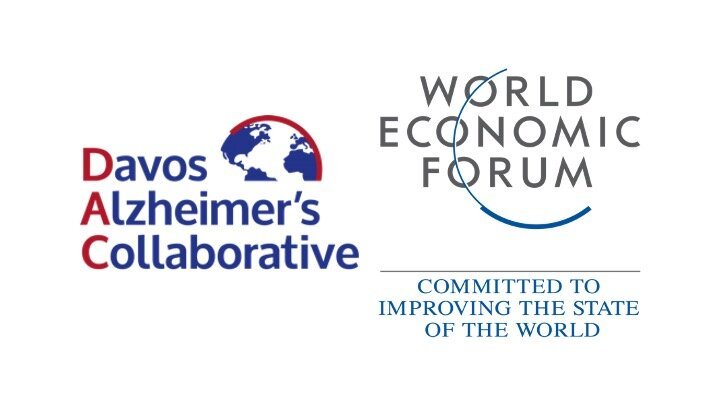Davos Alzheimer’s Collaborative Announces Strategic Partnership WithThe Fingers Brain Health Institute And Its World-Wide Fingers Global Scientific Coordinating Center
FOR IMMEDIATE RELEASE
CONTACT: Susan Oliver, soliver@DavosAlzheimersCollaborative.org, 703-216-4078
DAVOS ALZHEIMER’S COLLABORATIVE ANNOUNCES STRATEGIC PARTNERSHIP WITH THE FINGERS BRAIN HEALTH INSTITUTE AND ITS WORLD-WIDE FINGERS GLOBAL SCIENTIFIC COORDINATING CENTER TO ADVANCE STUDIES ON DELAYING ALZHEIMER’S PROGRESSION
Partnership Expands Research Network for Alzheimer’s Risk Reduction Strategies
Research finds lifestyle modifications such as cognitive training, physical activity, dietary guidance, and cardiovascular risk monitoring can improve cognition among older at-risk individuals.
The strategic partnership will drive data sharing among scientists in low and middle- income countries via data sharing platform.
GENEVA, SWITZERLAND (NOVEMBER 1, 2022) – The Davos Alzheimer’s Collaborative (DAC), the organization leading an unprecedented global response to Alzheimer’s disease, today announced a partnership with the FINGERS Brain Health Institute (FBHI) of Stockholm, Sweden and its World-Wide FINGERS Global Scientific Coordinating Center, an entity hosted and run by FBHI. The partnership furthers the efforts of DAC, FBHI and the World-Wide FINGERS Network to implement risk reduction strategies that prioritize multidomain interventions with lifestyle modifications, to reduce risk and slow the progression of Alzheimer’s disease.
While there are currently no widely available pharmacological interventions that can cure Alzheimer’s, addressing risk factors and protecting brain health can have real impact. Studies, such as one published by The Lancet Commission, indicate that modifying 12 risk factors might prevent or delay up to 40% of dementias. The Finnish Geriatric Intervention Study to Prevent Cognitive Impairment and Disability showed the feasibility and efficacy of multidomain interventions in older adults at risk of dementia. The partnership between DAC, FBHI and its World-Wide FINGERS Global Scientific Coordinating Center, serves as an opportunity to educate and engage physicians and consumers on risk reduction measures.
“We are excited to join forces with FBHI and its World-Wide FINGERS Global Scientific Coordinating Center to advance prevention studies around the world, beginning in Kenya, where rates of Alzheimer’s are growing,” said George Vradenburg, Founding Chairman of the Board, Davos Alzheimer’s Collaborative. “This partnership with FBHI will build awareness on intervention strategies and work to better prepare healthcare systems to meet growing global need.”
DAC is transforming research in Alzheimer’s and preparing healthcare systems to adopt cutting-edge studies into clinical practice. The DAC/FBHI and its World-Wide FINGERS Global Scientific Coordination Center partnership will play a key role in shaping a future of preventative Alzheimer’s treatment and improve overall brain health to better patient outcomes.
“We are excited to partner with DAC to increase the footprint and impact of the FINGER model – that shows cognitive benefits and can reduce the risk of cognitive impairment and Alzheimer’s dementia,” said Miia Kivipelto, MD, PhD, Founder and Scientific leader of World-Wide FINGERS Network, one of the founders of FBHI, and Professor at Karolinska Institutet, Center for Alzheimer Research, Sweden. “This work educates communities and health systems on risk reduction efforts and makes a real difference in slowing cognitive decline.”
The partnership allows for the insights of the FINGER model to be better implemented across global healthcare systems and will have positive effects in the lives of patients. DAC will offer the research collected in Kenya and across other countries on an open data platform developed with Alzheimer’s Disease Data Initiative (ADDI). The platform provides free datasets, analytical tools, and other research on Alzheimer’s disease to scientists across the globe.
About the Davos Alzheimer’s Collaborative
Launched at the World Economic Forum’s 2021 meeting on The Davos Agenda, The Davos Alzheimer’s Collaborative is a multi-stakeholder partnership committed to aligning stakeholders with a new vision for our collective global response against the challenges Alzheimer’s presents to patients, caregivers and healthcare infrastructures. Convened by The World Economic Forum and The Global CEO Initiative on Alzheimer’s Disease (CEOi) and fueled by a mission of service to the estimated 150 million families and half a billion people inevitably impacted by this disease by 2050, DAC is a collaborative for the benefit of all people, in all places.
About the World-Wide FINGERS Network, FBHI and its World Wide FINGERS Global Scientific Coordination Center
The Finnish Geriatric Intervention Study to Prevent Cognitive Impairment and Disability (FINGER) trial is the first randomized controlled trial (RCT) showing that it is possible to prevent cognitive decline using a multidomain lifestyle intervention among older at-risk individuals. The results from this trial led by Professor Miia Kivipelto and team highlighted the value of addressing multiple dementia risk factors as a strategy to protect brain health, promote overall health and functioning, and reduce the risk of developing new chronic diseases. World Wide FINGERS was established to support and convene global multidomain dementia prevention trials, share experiences and data, and harmonize methods. Professor Kivipelto is the founder and scientific leader of the WW-FINGERS Network, which includes investigator teams from more than 45 countries globally. FBHI is a non-profit research foundation located in Stockholm, Sweden, driven to advance research on healthy brain aging and the implementation of dementia prevention strategies. FBHI hosts and runs the World Wide FINGERS Global Coordination Center, a central resource for the World Wide FINGERS Network. The Global Coordination Center supports the global scientific activities of the World Wide FINGERS Network, including network coordination, clinical trial optimization, and joint analysis of data.

